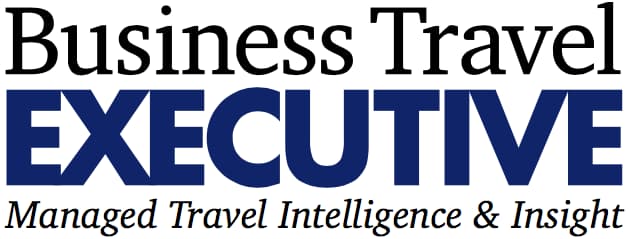So now that medical science has produced a response, the world should be looking forward with eager anticipation to the return of travel, right? Well... yes, and no.
According to a poll conducted in October by National Geographic and Morning Consult, only 13 percent of Americans would be willing to fly now or before the end of the year. Only about a quarter of respondents (24 percent) said they would take a flight at some point in 2021, and fully one third said they do not know when they will get on a plane again.

“The gap between the perceived and actual risk of travel since the COVID-19 pandemic arrived has been widening significantly despite the vast quantity of information increasingly available,” says Suzanne Sangiovese, commercial and communications director at travel risk intelligence company Riskline. “I actually think that information overload, conflicting information and misinformation about COVID-19 are rife and are important contributory factors in the increase in this gap.”
With widespread distribution of effective vaccines still weeks in the future, and the travel industry struggling to regain its footing heading into 2021, lots of initiatives are underway – from pre-travel testing to disinfection protocols to mandatory quarantines – aimed at reassuring the traveling public.
“The impact of uncertainty is reinforced by polls which show that the more safeguards are in place, the more likely travelers are to be confident to resume travel,” Sangiovese says. Still the disparity between the perceptions travelers have of the threats they face versus the real risks they may encounter during the pandemic persists. “Cutting through the vast amount of misinformation, providing consistent, trustworthy data is essential if we are to close the gap between perceived and actual risk and give travelers confidence.”
Tech Bridges the Gap
Although vaccination efforts are already rolling out, the world is still months away from firmly putting the pandemic behind us, and it will many more months – perhaps years – before business travel regains momentum. A key factor in the recovery of the sector, according to research from travel technology provider Amadeus, is the effective dissemination of vital travel information.
The survey of over 6,000 travelers from the US, the UK, France, Germany, India and Singapore found the vast majority (84 percent) said technology would increase their confidence to travel in the next 12 months by addressing concerns around mixing with crowds, social distancing and physical touchpoints.
Among the technology experiences travelers say would increase their confidence in returning to the road:
•42 percent say mobile applications that provide notifications during their journey about localized outbreaks and changes to government guidance would help boost their confidence.
•42 percent cite contactless and mobile payment options as key to reducing incidences of physical contact throughout the journey.
•34 percent say biometrics to enable contactless check-in, security screenings and boarding would make them more likely to travel.
•33 percent want to see one universal digital traveler identification on their phone that includes all necessary documentation, vaccination and immunity status, so they only had to prove it once.
The top five things travelers would most like technology to do to ensure safe travel during the recovery from COVID-19:
•Reduce queues and congestion in public spaces (38 percent)
•Minimize face-to-face or physical contact with others (31 percent)
•Protect financial data and personal information (31 percent)
•Notify in advance when there is a delay (29 percent)
•Ensure the accuracy and effectiveness of national test, track and trace programs (28 percent)
“Whether it is new mobile applications, biometrics or contactless solutions, we need to explore together as an industry and with governments how best to accelerate adoption,” according to Christophe Bousquet, chief technology officer at Amadeus. “This research also shows that certain areas, such as social distancing and hygiene, remain a cause for concern for travelers during the journey itself.”
As more is learned about the virus, its spread and the country-by-country impact of vaccines, the availability of accurate, timely and accessible information is going to become even more critical in the months ahead. “By giving travelers easy access to the information they need to be assured of their safety while traveling, and giving them tools that address their individual preferences, we can build traveler confidence and speed up recovery,” Bousquet says.









